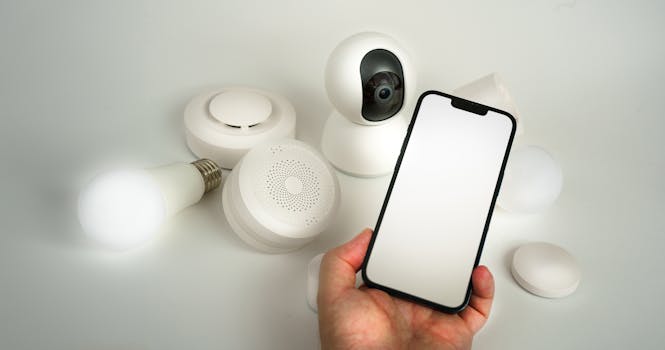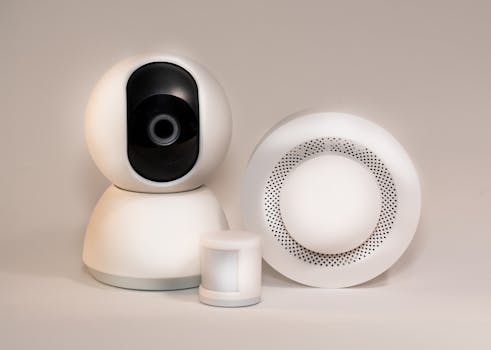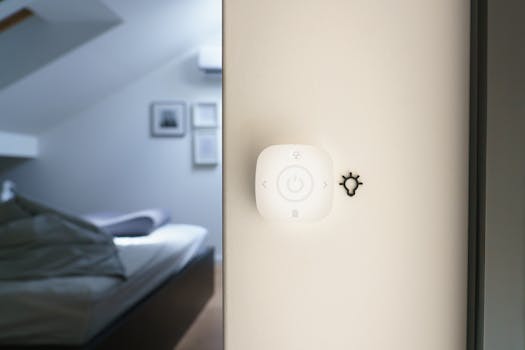
Home Automation in 2025: The Smart Home Ecosystem
Home Automation in 2025: The Smart Home Ecosystem is revolutionizing the way we live, work, and interact with our living spaces. With the advancement of technology and the Internet of Things (IoT), homes are becoming increasingly connected, automated, and efficient.
Introduction to Home Automation

Home automation refers to the use of technology to control and monitor various aspects of a home, including lighting, temperature, security, and entertainment systems. The goal of home automation is to create a seamless and integrated system that enhances the comfort, convenience, and safety of occupants.
The smart home ecosystem consists of a network of devices, sensors, and systems that work together to provide a personalized and automated living experience. From voice-controlled assistants to smart thermostats, the possibilities for home automation are endless.
Key Components of a Smart Home Ecosystem

A smart home ecosystem typically consists of the following key components:
- Hub or Gateway: The central controller that connects and manages all devices and systems in the home.
- Sensors and Devices: A range of devices and sensors that collect data and perform specific functions, such as temperature control, lighting, and security.
- Voice-Controlled Assistants: Virtual assistants, such as Amazon Alexa or Google Assistant, that allow users to control and interact with their smart home ecosystem using voice commands.
- Smart Home Security Systems: Integrated security systems that include features such as door and window sensors, motion detectors, and video cameras.
Benefits of Home Automation

The benefits of home automation are numerous and significant. Some of the most notable advantages include:
- Increased Convenience: Home automation allows users to control and monitor their home from anywhere, at any time, using their smartphone or voice-controlled assistant.
- Energy Efficiency: Smart thermostats and lighting systems can help reduce energy consumption and lower utility bills.
- Enhanced Safety and Security: Integrated security systems and smart door locks can provide an additional layer of protection and peace of mind.
- Personalization: Home automation allows users to tailor their living space to their individual preferences and needs.
Conclusion

In conclusion, Home Automation in 2025: The Smart Home Ecosystem is a rapidly evolving and exciting field that is transforming the way we live and interact with our homes. With its numerous benefits, including increased convenience, energy efficiency, and enhanced safety and security, it’s no wonder that home automation is becoming an increasingly popular trend. As technology continues to advance, we can expect to see even more innovative and integrated solutions that enhance the smart home ecosystem.


